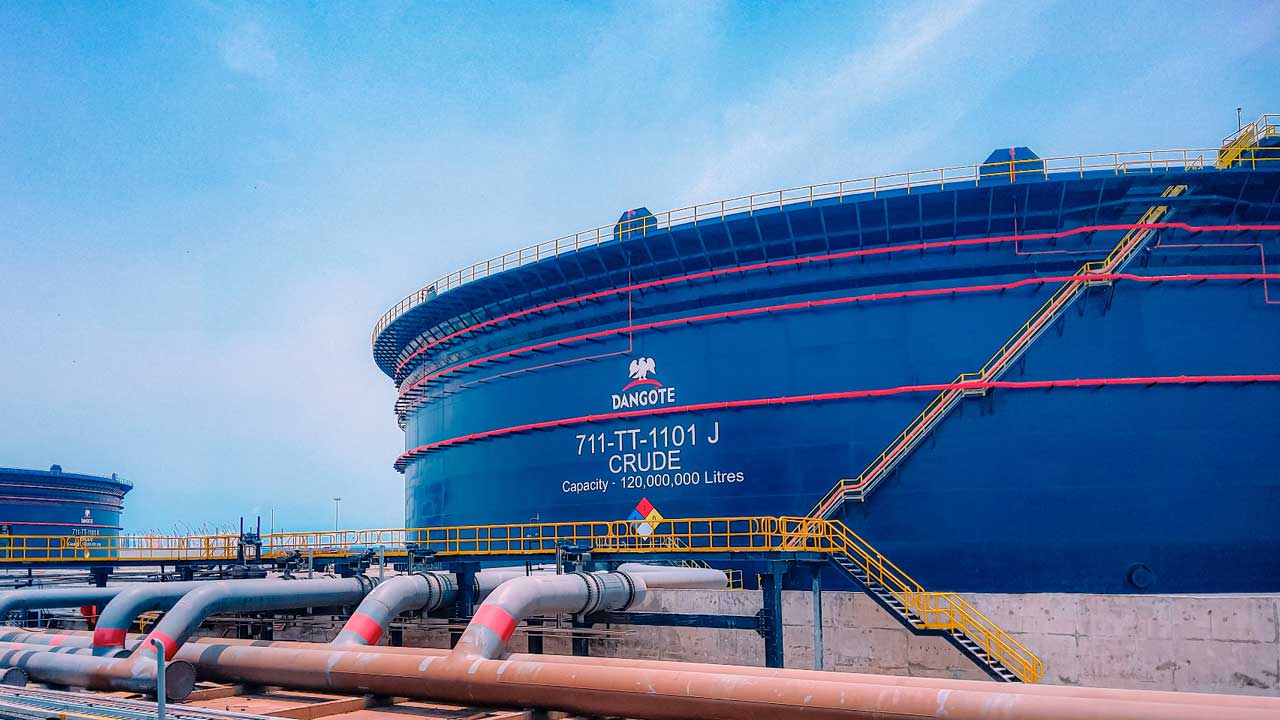
Nigeria, often referred to as the “Giant of Africa,” holds the largest oil reserves in sub-Saharan Africa and has the potential to be a global powerhouse in the oil and gas industry. Despite this immense resource base, the country faces significant bottlenecks that have hindered its ability to fully harness its oil wealth. These challenges, including a lack of industry structure, illegal privatization, weak policy enforcement, and the pervasive influence of the political class, have stymied growth and efficiency. This article delves into these bottlenecks, offers strategic solutions drawn from successful models like those in the United States, and highlights how logistics improvements could enhance Nigeria’s oil sector.
The Challenges in Nigeria’s Oil and Gas Sector
Lack of Structure
The Nigerian oil and gas industry suffers from a disorganized and fragmented structure, which severely hampers effective management and oversight. This lack of cohesion leads to inefficiencies across the entire value chain, from production to distribution. According to a report by the Nigeria Natural Resource Charter (NNRC), the absence of a coherent industry structure has contributed to the country’s failure to maximize its oil and gas potential.
Illegal Privatization
The illegal privatization of oil resources remains a critical issue. Often orchestrated by influential individuals and groups within the political elite, this practice has led to the concentration of oil assets in the hands of a few, sidelining legitimate processes and undermining the nation’s economic interests. A study by the African Centre for Energy Policy (ACEP) highlights how such privatization has exacerbated corruption and weakened the regulatory framework .
Weak Policy Enforcement
Nigeria’s regulatory environment is characterized by weak enforcement of existing policies. Despite having a range of regulations intended to govern the sector, the lack of stringent oversight has allowed illegal activities to flourish, further deepening the challenges faced by the industry. The Petroleum Industry Act (PIA) was introduced to address these issues, but its implementation has been sluggish, primarily due to inadequate enforcement mechanisms.
Fear of the Political Class
The influence of Nigeria’s political elite has created a culture of fear and complacency among regulatory bodies. This fear often stifles initiatives that could bring about much-needed reforms, perpetuating the status quo and preventing progress. The pervasive reach of the political class into the regulatory space has been well-documented, with research from the Brookings Institution indicating that political interference is a significant barrier to effective governance in Nigeria’s oil and gas sector .
Strategic Solutions
Adopting American Regulatory Models
To address these bottlenecks, Nigeria can draw valuable lessons from the American oil and gas industry, which is known for its robust regulatory framework. Agencies like the Environmental Protection Agency (EPA) and the Federal Energy Regulatory Commission (FERC) ensure compliance and sustainability through transparent and stringent oversight. By implementing similar frameworks in Nigeria, focusing on transparency and accountability, the country can better manage illegal privatization and enhance policy enforcement .
Reforming Policy Enforcement
Stronger enforcement mechanisms are crucial for Nigeria to overcome the challenges in its oil and gas industry. This involves not only strengthening existing regulatory bodies but also ensuring their independence from political interference. Clear penalties for non-compliance and regular audits will help in maintaining the integrity of the sector. A more rigorous approach to implementing the Petroleum Industry Act (PIA) could serve as a starting point for these reforms .
Logistics and Interconnectivity
Improving logistics and interconnectivity is another strategic solution to Nigeria’s oil and gas challenges. The country has the capacity to efficiently produce and manage oil from extraction to distribution, but poor infrastructure and coordination often undermine this potential. Developing a comprehensive logistics network that connects oil-producing regions with refineries and distribution points, both within Nigeria and with neighboring countries, will enhance sector efficiency. Nigeria already supplies oil to several neighboring countries, a fact that is often overlooked. By improving intercity and interstate logistics, Nigeria cannot only boost its domestic efficiency but also strengthen its position as a regional energy hub.
Leveraging Nigeria’s Capacity
Finally, Nigeria must recognize and strategically leverage its inherent capacity. The country has the resources to become a dominant force in the global oil and gas industry, but this requires a shift in approach. Investment in technology, infrastructure, and human capital is essential to building a more resilient and efficient sector. By focusing on sustainable practices and long-term planning, Nigeria can reduce its dependence on external influences and reclaim control over its oil wealth .
Nigeria’s oil and gas industry holds tremendous potential, but it is hampered by significant bottlenecks, including a lack of structure, illegal privatization, weak policy enforcement, and the influence of the political class. By adopting strategic solutions inspired by successful international models and enhancing logistics and interconnectivity, Nigeria can overcome these challenges. With the right approach, Nigeria can harness its capacity and resources to build a robust, self-sufficient oil sector that contributes meaningfully to the nation’s economic growth and development.
Azubuike Ukwuoma: Solutions to bottlenecks in Nigerian oil and gas industry

